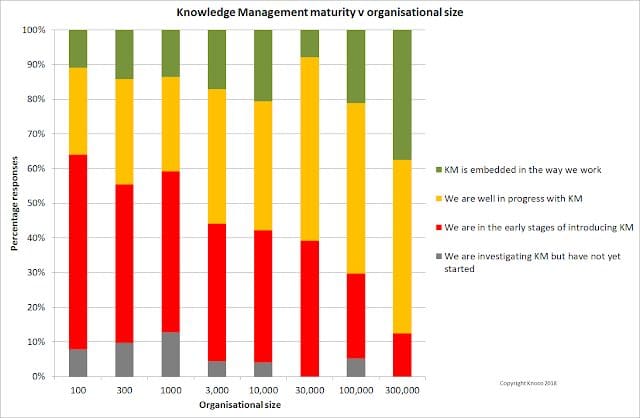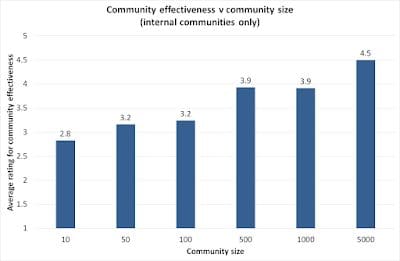
Favorite Training and inference are crucial components of a machine learning (ML) development cycle. During the training phase, you teach a model to address a specific problem. Through this process, you obtain binary model files ready for use in production. For inference, you can choose among several framework-specific solutions for
Read More
 Shared by AWS Machine Learning July 2, 2019
Shared by AWS Machine Learning July 2, 2019

Favorite In some settings, winning by eliminating mistakes is the best strategy Image from wikimedia commons Wimbledon fortnight has started in the UK – the two weeks of the year when the TV schedules are taken over by professional tennis. This reminded me of a post from the excellent Farnham Street
Read More
 Shared by Nick Milton July 2, 2019
Shared by Nick Milton July 2, 2019

Favorite Apache MXNet is an open-source deep learning software framework used to train and deploy deep neural networks. Data scientists and machine learning (ML) developers love MXNet due to its flexibility and efficiency when building deep learning models. Amazon SageMaker is committed to improving the customer experience for all ML frameworks and libraries, including
Read More
 Shared by AWS Machine Learning July 1, 2019
Shared by AWS Machine Learning July 1, 2019

Favorite When you run predictions on large datasets, you may want to drop some input attributes before running the predictions. This is because those attributes don’t carry any signal or were not part of the dataset used to train your machine learning (ML) model. Similarly, it can be helpful to
Read More
 Shared by AWS Machine Learning July 1, 2019
Shared by AWS Machine Learning July 1, 2019

Favorite So far, Knowledge Management has largely been a Big Company game, but this is changing. This is another conclusion from the Knoco Knowledge Management survey, and is neatly illustrated in the bar chart shown here. The survey was conducted in 2 waves – 204 and 2017, and received submissions
Read More
 Shared by Nick Milton July 1, 2019
Shared by Nick Milton July 1, 2019

Favorite The AWS DeepRacer League is the world’s first global autonomous racing league, open to anyone. Developers of all skill levels can compete in person at 22 AWS events globally, or online via the AWS DeepRacer console (no car required), for a chance to win an expenses paid trip to
Read More
 Shared by AWS Machine Learning June 28, 2019
Shared by AWS Machine Learning June 28, 2019

Favorite The bigger a community of practice is, the more value it delivers. At least according to our KM surveys. Knoco conducted two major surveys of knowledge management programs in 2014 and 2017, collecting in total more than 700 results. As part of the survey, participants were asked whether Communities
Read More
 Shared by Nick Milton June 28, 2019
Shared by Nick Milton June 28, 2019

Favorite Loro is a socially assistive robot that helps users with physical limitations to more robustly experience their worlds by assisting with seeing, sensing, speaking, and interacting with surroundings. Loro uses a range of AWS artificial intelligence (AI) and especially machine learning (ML) services to enable its broad range of
Read More
 Shared by AWS Machine Learning June 27, 2019
Shared by AWS Machine Learning June 27, 2019

Favorite In a great blog post, Seth Kahan shares 7 lessons on KM change programs In the post from 2009, Seth talks about leading KM change at World Bank, and contrasts his first KM initiative (which failed) with his second (which succeeded). The first initiative was “was comprised of a few
Read More
 Shared by Nick Milton June 27, 2019
Shared by Nick Milton June 27, 2019

Favorite With Amazon SageMaker Ground Truth, you can build highly accurate training datasets for machine learning quickly. SageMaker Ground Truth offers easy access to public and private human labelers and provides them with built-in workflows and interfaces for common labeling tasks. Additionally, SageMaker Ground Truth can lower your labeling costs by
Read More
 Shared by AWS Machine Learning June 26, 2019
Shared by AWS Machine Learning June 26, 2019
![]() Shared by AWS Machine Learning July 2, 2019
Shared by AWS Machine Learning July 2, 2019









